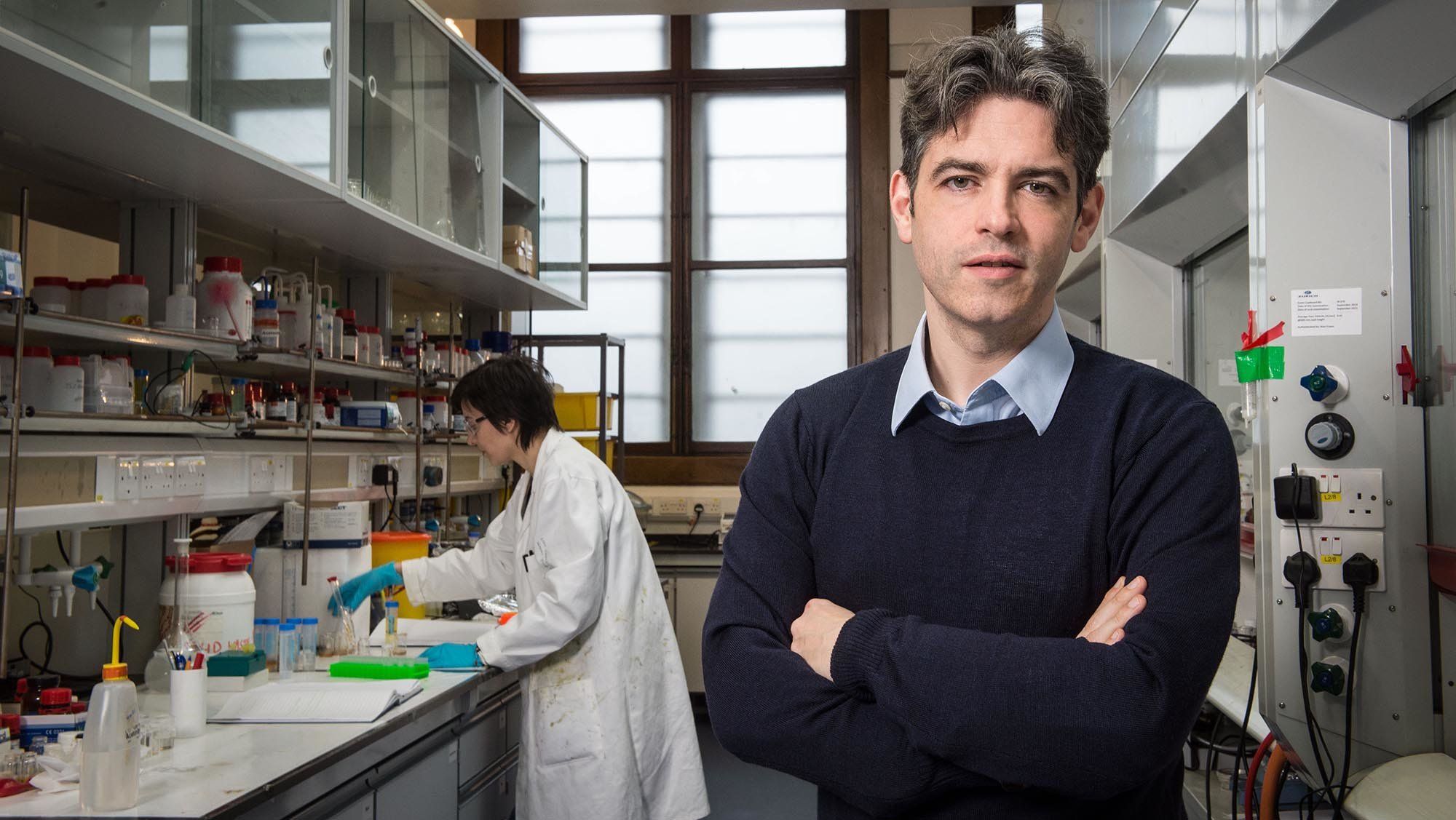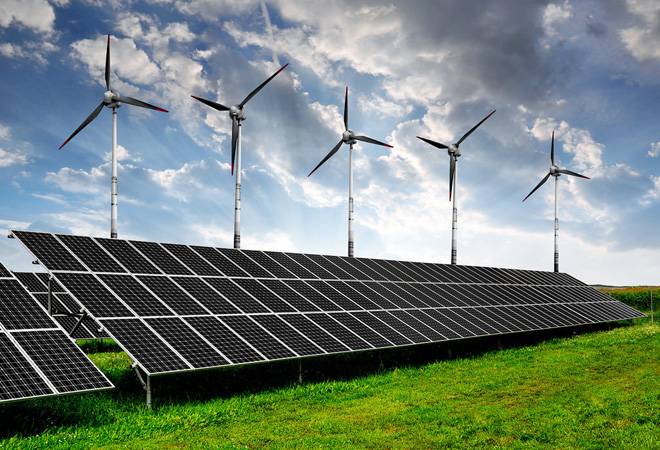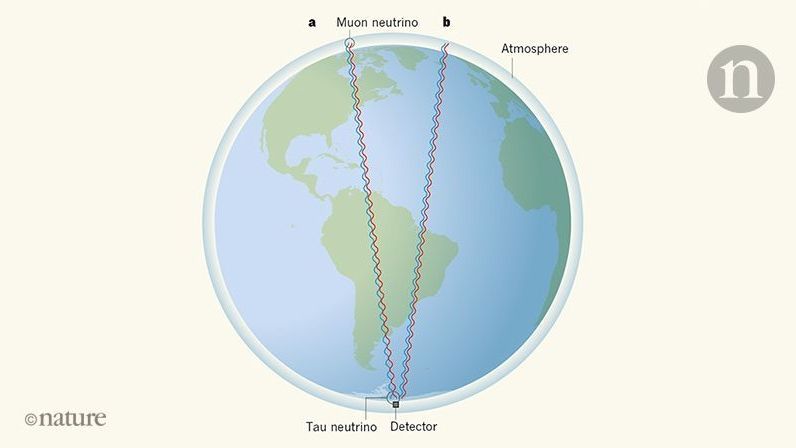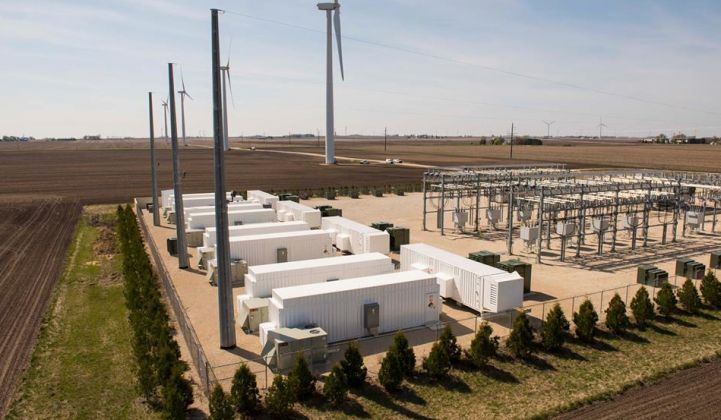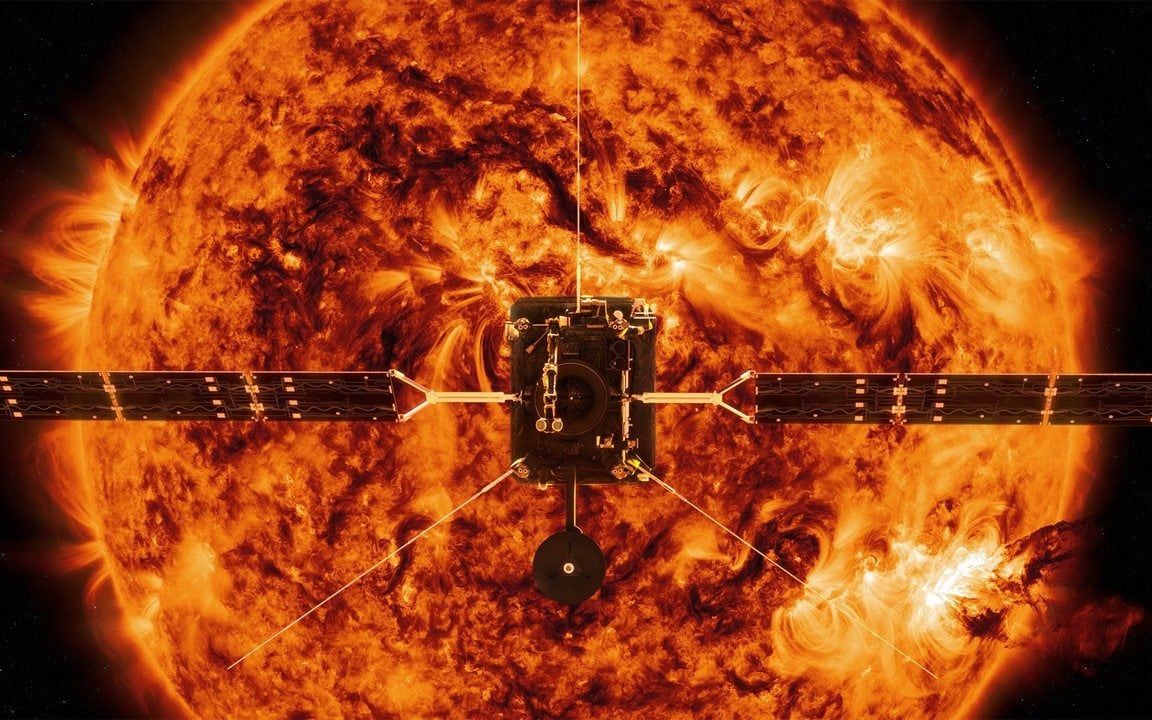NantEnergy says its zinc air battery system can deliver energy for $100 per kilowatt hour. By comparison, lithium ion batteries vary in price, but often range from $300 to $500 per kilowatt hour, according to the Energy Storage Association.
Zinc air batteries will replace lithium ion batteries due to the required 12 pounds of cobalt in car lithium ion batteries. Cobalt supplies is estimated to run out by 2025.
Remote villages in Africa and Asia are receiving electricity using a little-known type of technology: zinc-air batteries.
California-based NantEnergy said Wednesday it has created a rechargeable zinc-air battery storage system that can provide power at a lower cost than lithium-ion batteries.
The technology has been deployed in more than 110 villages serving 200,000 people who have no other access to electricity in their communities, said NantEnergy chairman Patrick Soon-Shiong.

